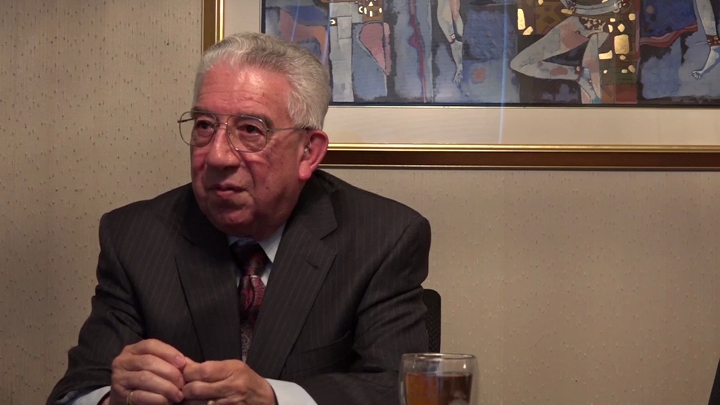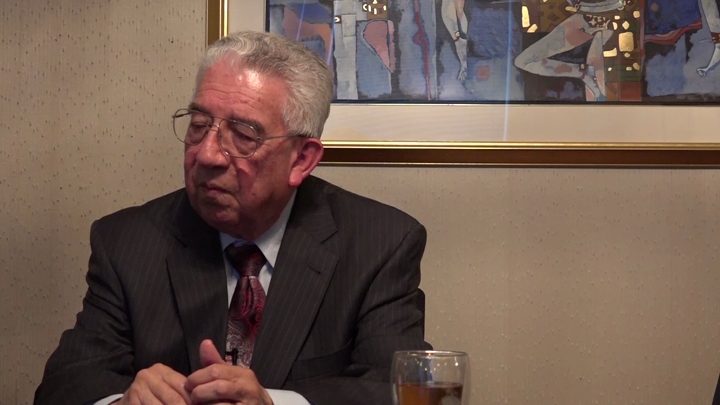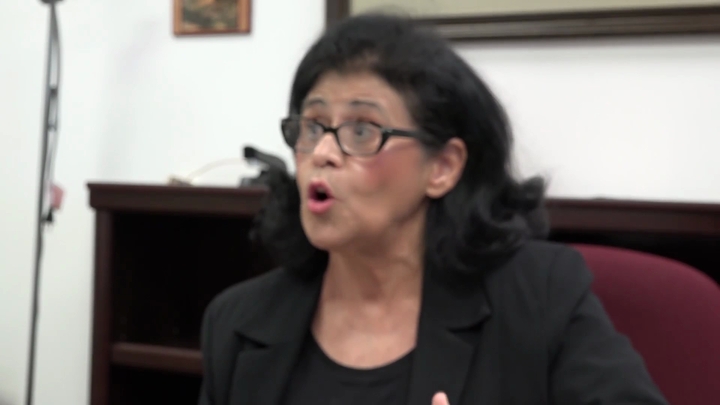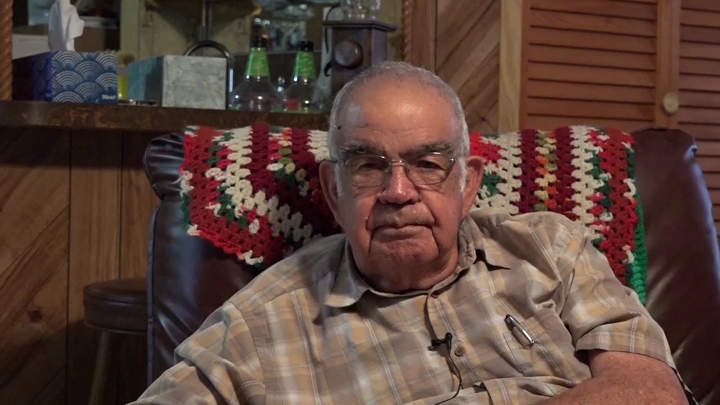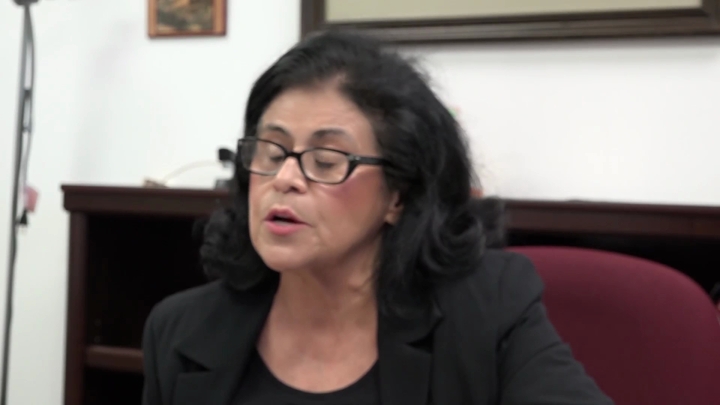Abalos / Inequality of School Programs and Funding
sign up or sign in to add/edit transcript
Zapata: We interviewed Faye Batch and she spoke a lot on the integration of schools and the court system in 2007, were you part of the process of unitary system? Abalos: Unitary status. No, I was already off the school board, Faye was. Zapata: Did you have anything to do with the lawsuit? Abalos: Well, I was on the school board so I was not in any of the lawsuits. Honestly, I would have fought against unitary status because I believe that the myth that we were not under the courts orders it would go back to business as usual. And that is what happened. I am not that involved with the school district anymore, but there was a school for the teenagers who were pregnant, Teenage Recovery. There was a school for dropouts, and all that has changed. There are just some things I would have fought for. I would have fought to make sure that they did not quit funding the magnet schools. This is what drew the Anglos to the Hispanic and African American districts and the Hispanics to the Anglo districts. I am not sure what they are doing on that now to be honest with you. But history has proven itself that they are not equal. It is not equal. Many times they will fund one area more than the other. That is why we got into this in the first place. It why we had to integrate schools because the funding was not equal, the schools were not equal, the programs were not equal. I know for a fact at Ector, if a student took physics or a higher math, they had to go to Permian or Odessa High school. It was not offered at Ector. How many more students would have taken it if they had known it was offered? So, I know that is one of the things that happens. I would not have supported it and would have been very vocal about it.


